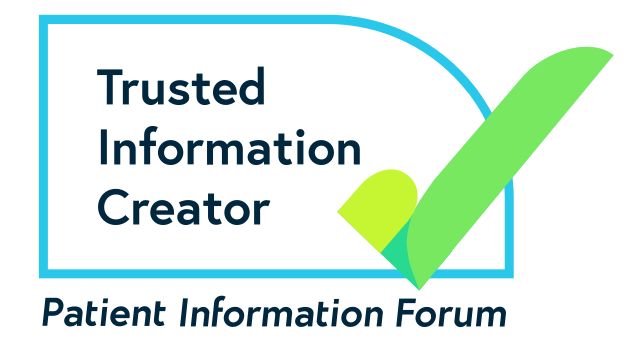A multi-disciplinary approach is important in not only managing the condition and symptoms but in improving wellbeing too. The type and severity of symptoms experienced by manifesting carriers varies significantly, and so will the management and care required.
Access to a healthcare team
Manifesting carriers should have access to a multi-disciplinary healthcare team. Usually, the lead professional will be a neurologist. If you do not have contact with a neurologist or specialist doctor, ask your GP about getting access to one. Some adults with minor symptoms may not need regular follow up appointments – this should be decided with the neurologist.
Cardiac
Cardiomyopathy could be the only symptom some manifesting carriers experience. So, it’s important to have regular heart monitoring appointments with a cardiologist. An electrocardiogram (ECG), echocardiogram (ECHO), and Holter monitoring may be required. All carriers or women at high risk of being carriers, whether manifesting or not, should have a heart check at the time of diagnosis. They may then need heart checks every three to five years.
Early treatment of heart problems with drugs called ACE inhibitors and/or beta-blockers can protect the heart muscle and reduce the risk of developing severe cardiomyopathy and heart failure. Any symptoms, such as shortness of breath, palpitations, dizziness, and chest pain must be reported to healthcare professionals.
Exercise and physiotherapy
Staying active and maintaining strength is important. Having a good sleep routine, diet, exercising regularly and maintaining a healthy weight will help with symptoms of fatigue. A physiotherapist is a healthcare professional who helps manage symptoms through movement, exercise, and manual therapy. They can put together a suitable exercise plan. Regular stretching can help keep muscles flexible and prevent joint tightness. Strengthening exercises can help to prevent muscle weakening, and aerobic exercise such as walking, swimming, and cycling can help keep the heart and lungs as healthy as possible. After exercise, allow time to fully recover the next day. Some muscle soreness is okay, but this should not be severe pain and should improve over time. To find out more about advice for adults, see exercising with a muscle wasting condition.
Managing pain
Some manifesting carriers experience severe aches and pains in their muscles even when they aren’t active. Discussing appropriate pain relief with a neurologist or GP is important. Taking part in exercise is possible but should be talked through with a physiotherapist.
Pregnancy
Planning to have a baby is important for anyone. For someone diagnosed as a carrier or manifesting carrier of BMD or DMD, it’s important to have a discussion with the neuromuscular team, cardiologist, specialist nurse, or genetics team. They can give advice about what to consider before trying to conceive. And they can help you understand the risks, talk about choices in family planning, and whether to consider options to help prevent passing on the genetic changes of BMD or DMD.
If already pregnant, a referral by a GP or neuromuscular team should be made as soon as possible. Specialist cardiac care should be considered in all carriers before pregnancy or as soon as pregnancy is confirmed. This is especially important in manifesting carriers. Those with cardiomyopathy should be treated as high risk and monitored by a high-risk obstetrician and a cardiologist. Throughout pregnancy, regular check-ups are important for monitoring the health of the parent and the baby’s growth as pregnancy can be difficult on the body.
